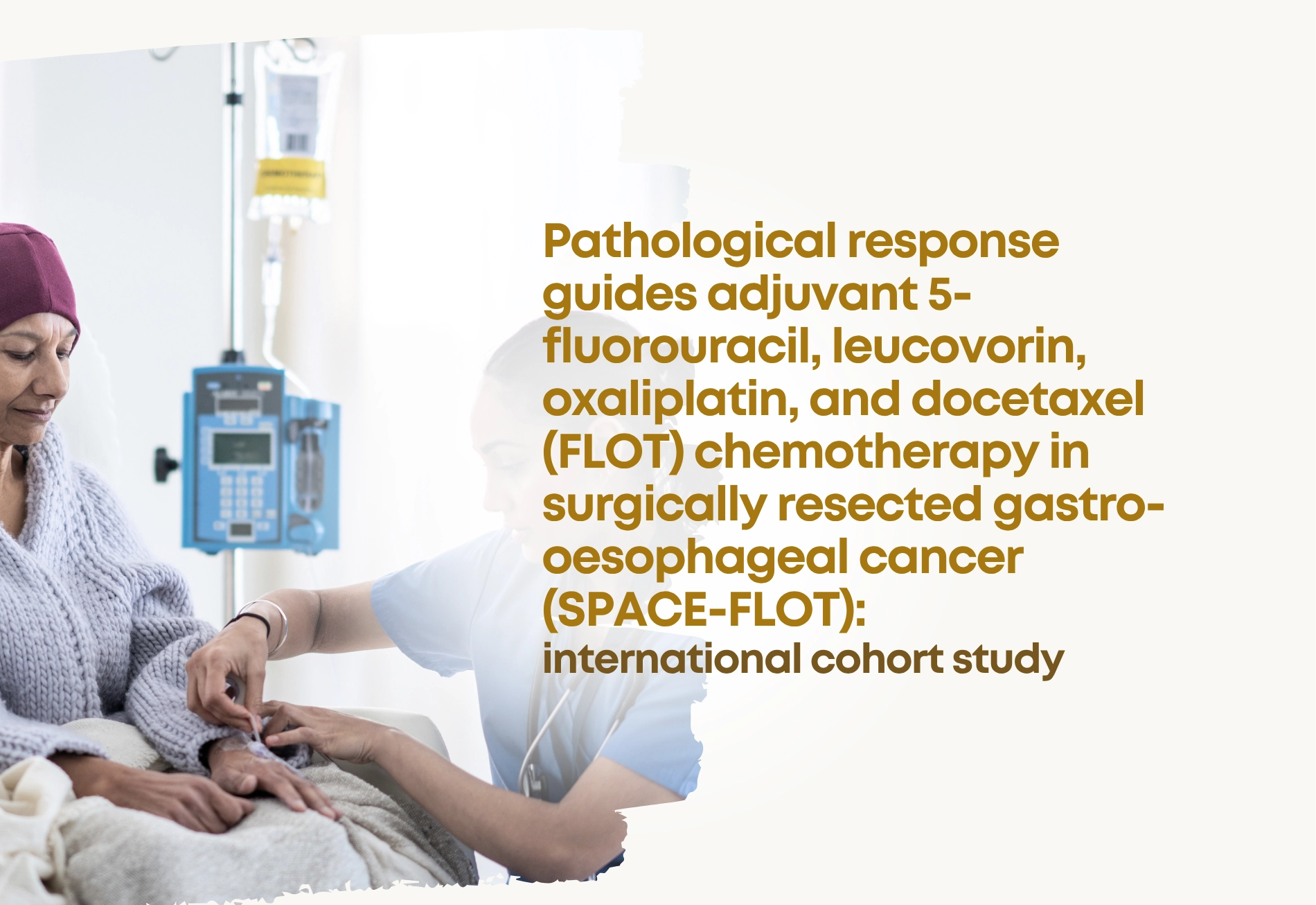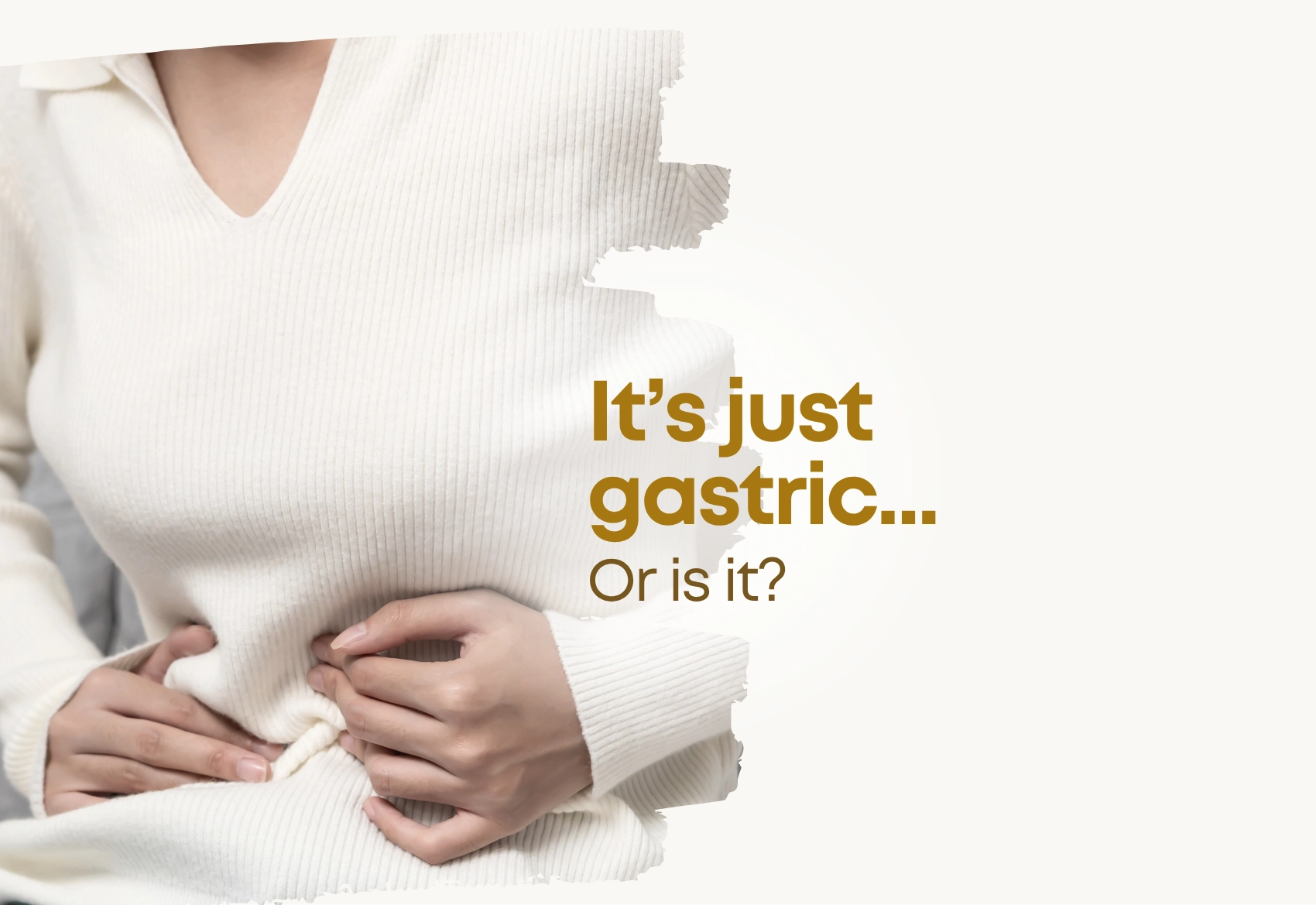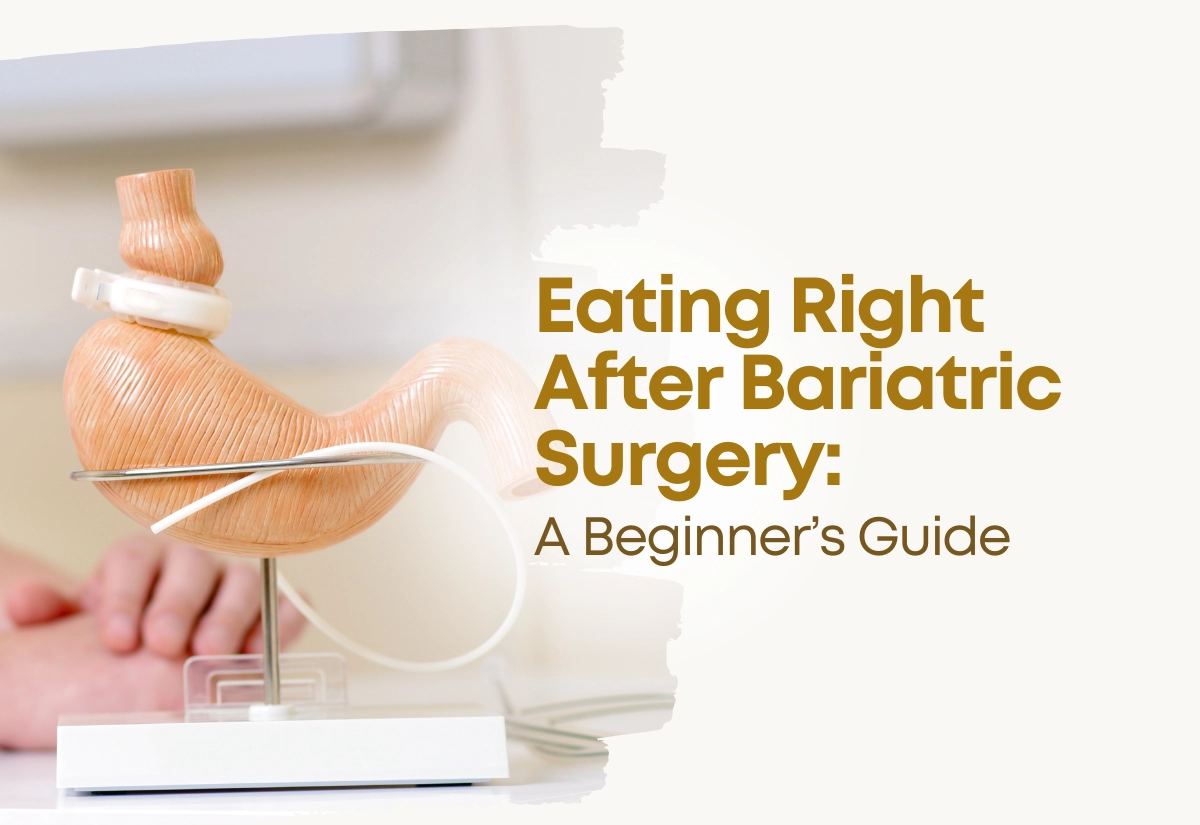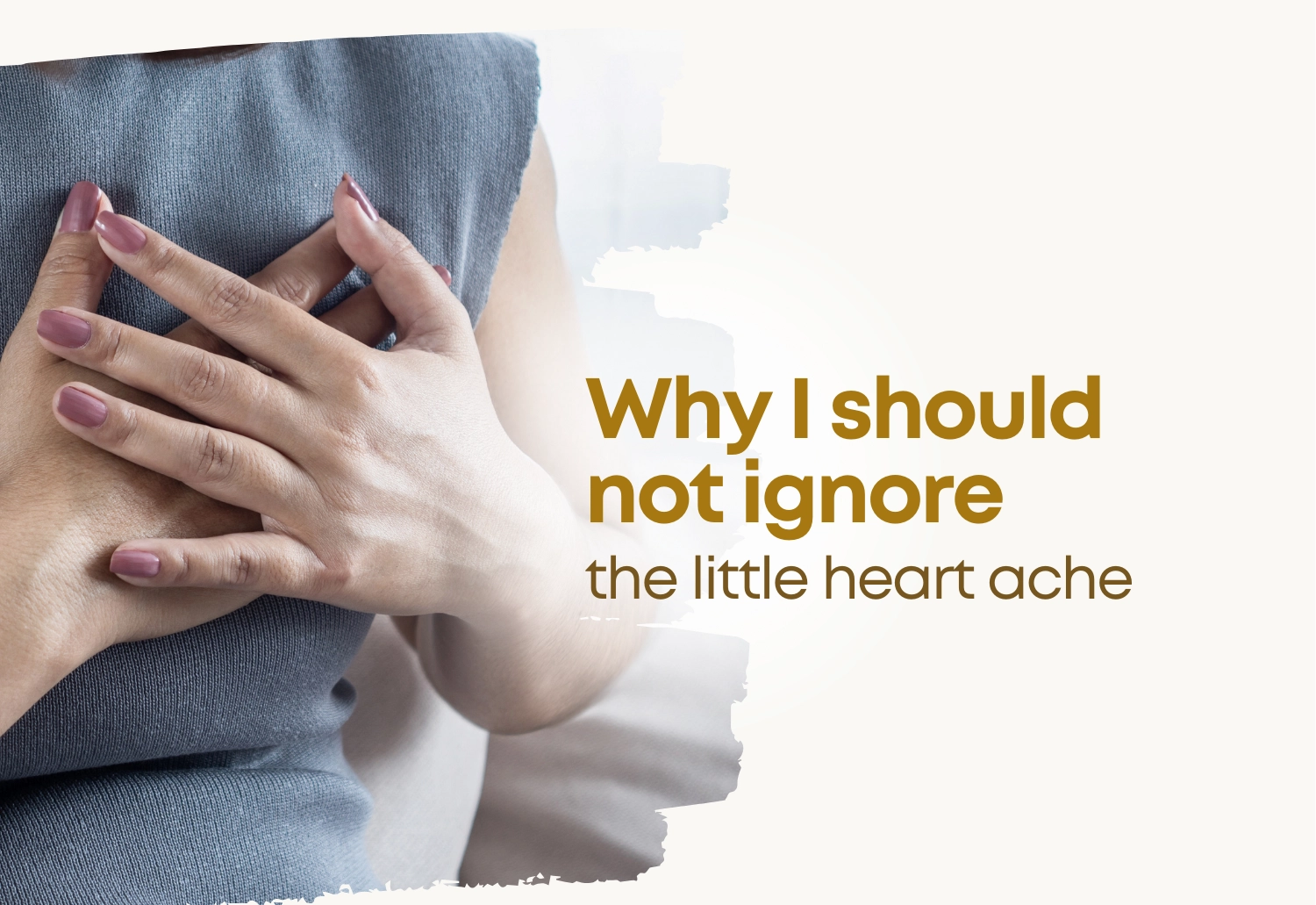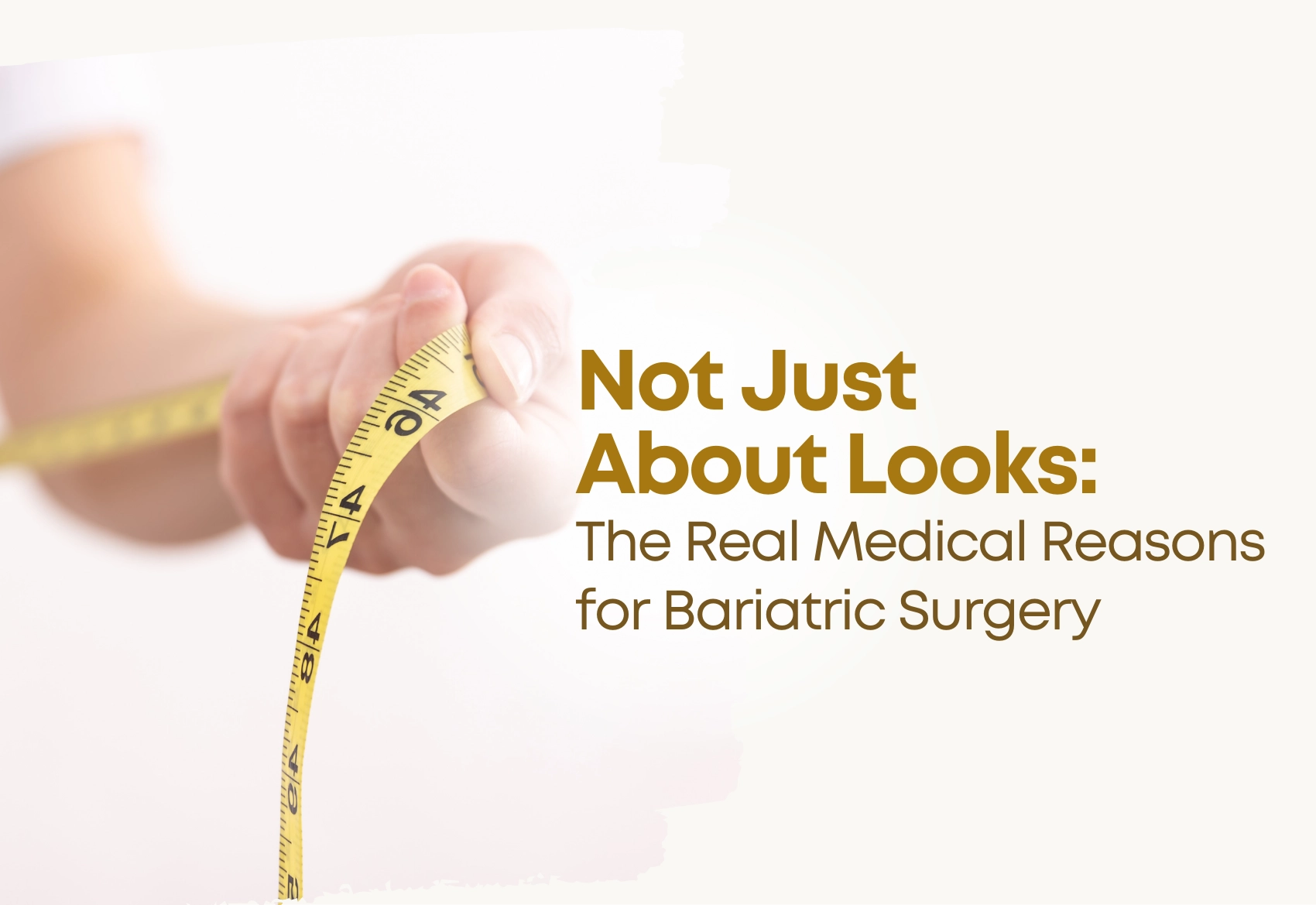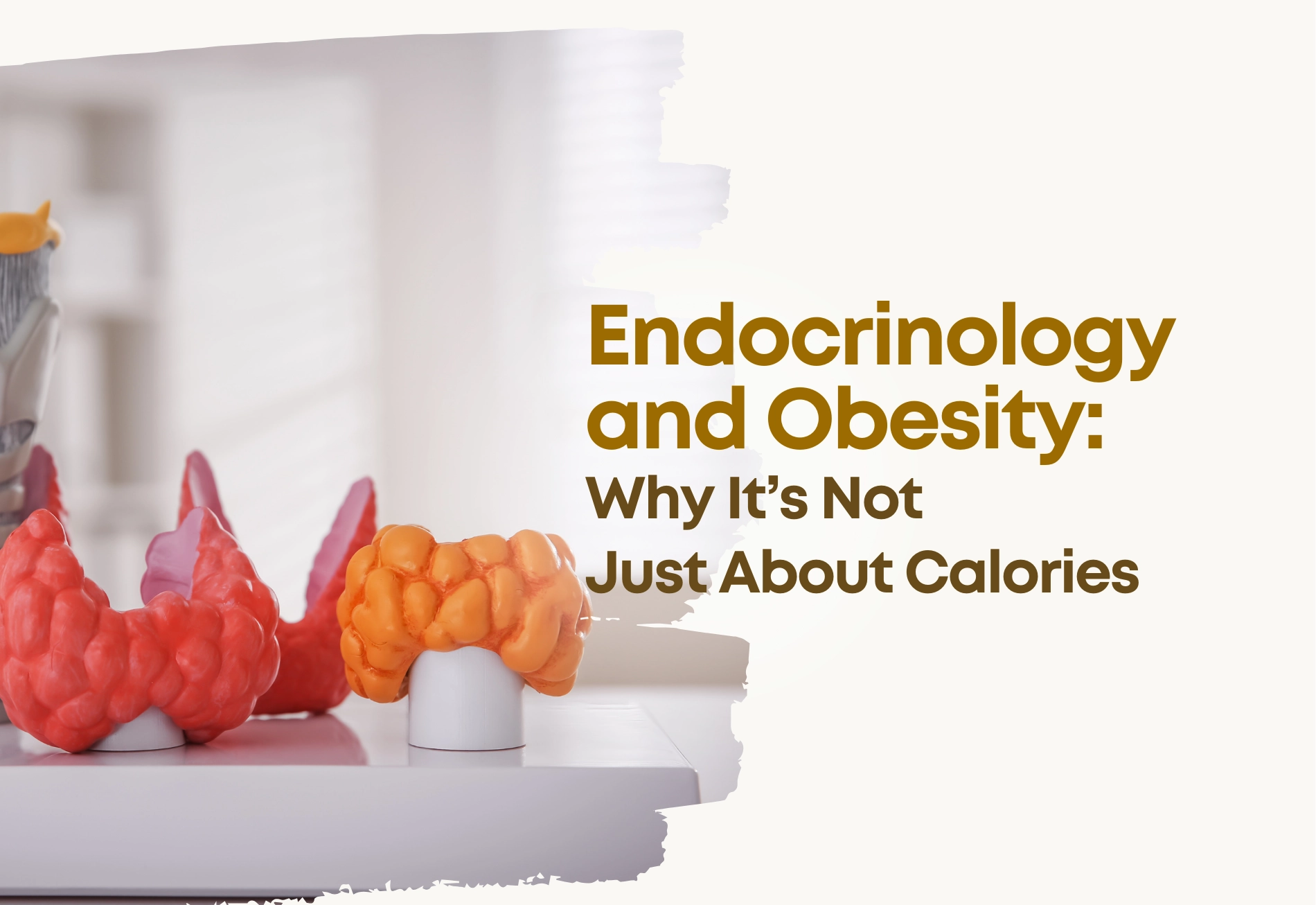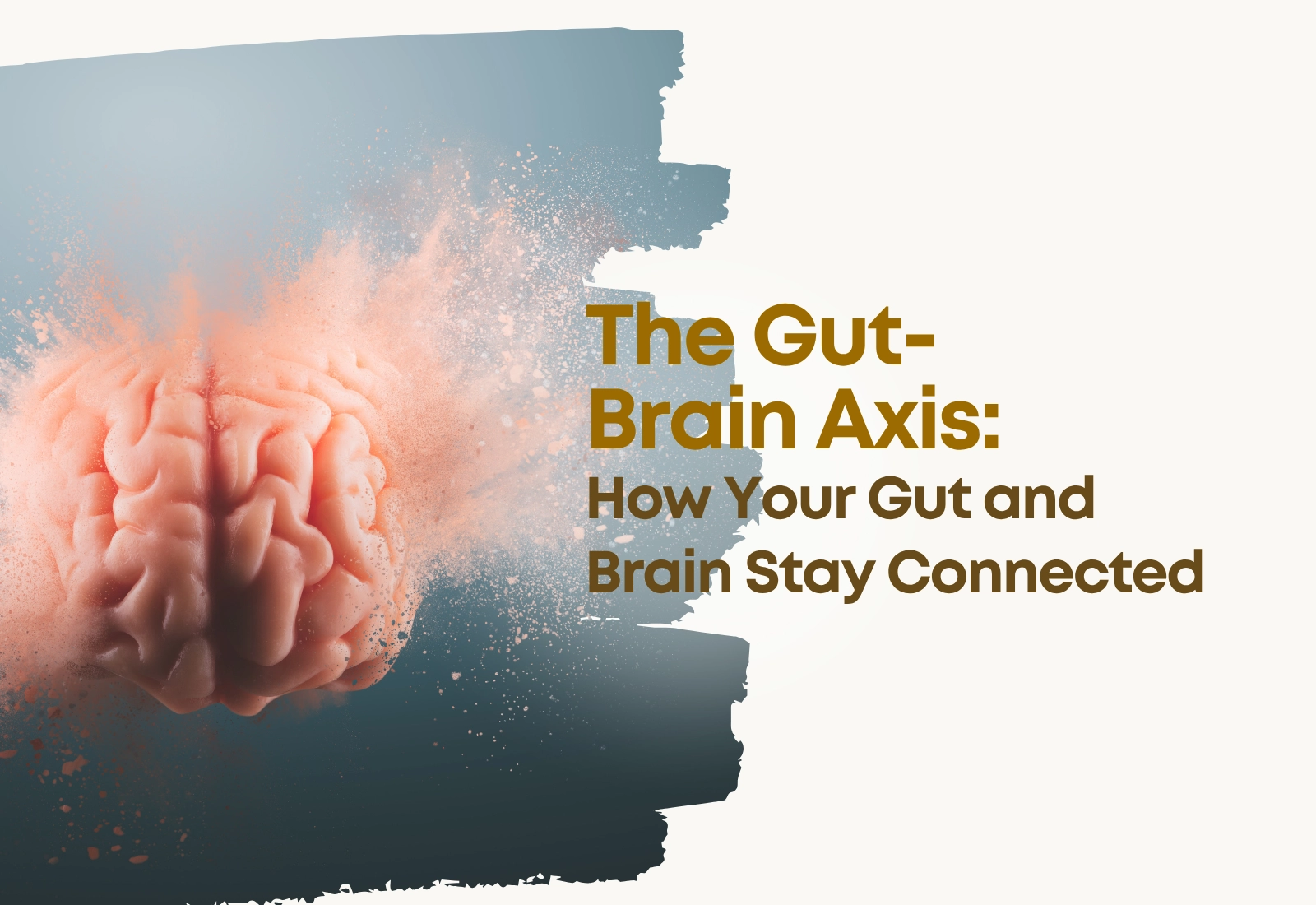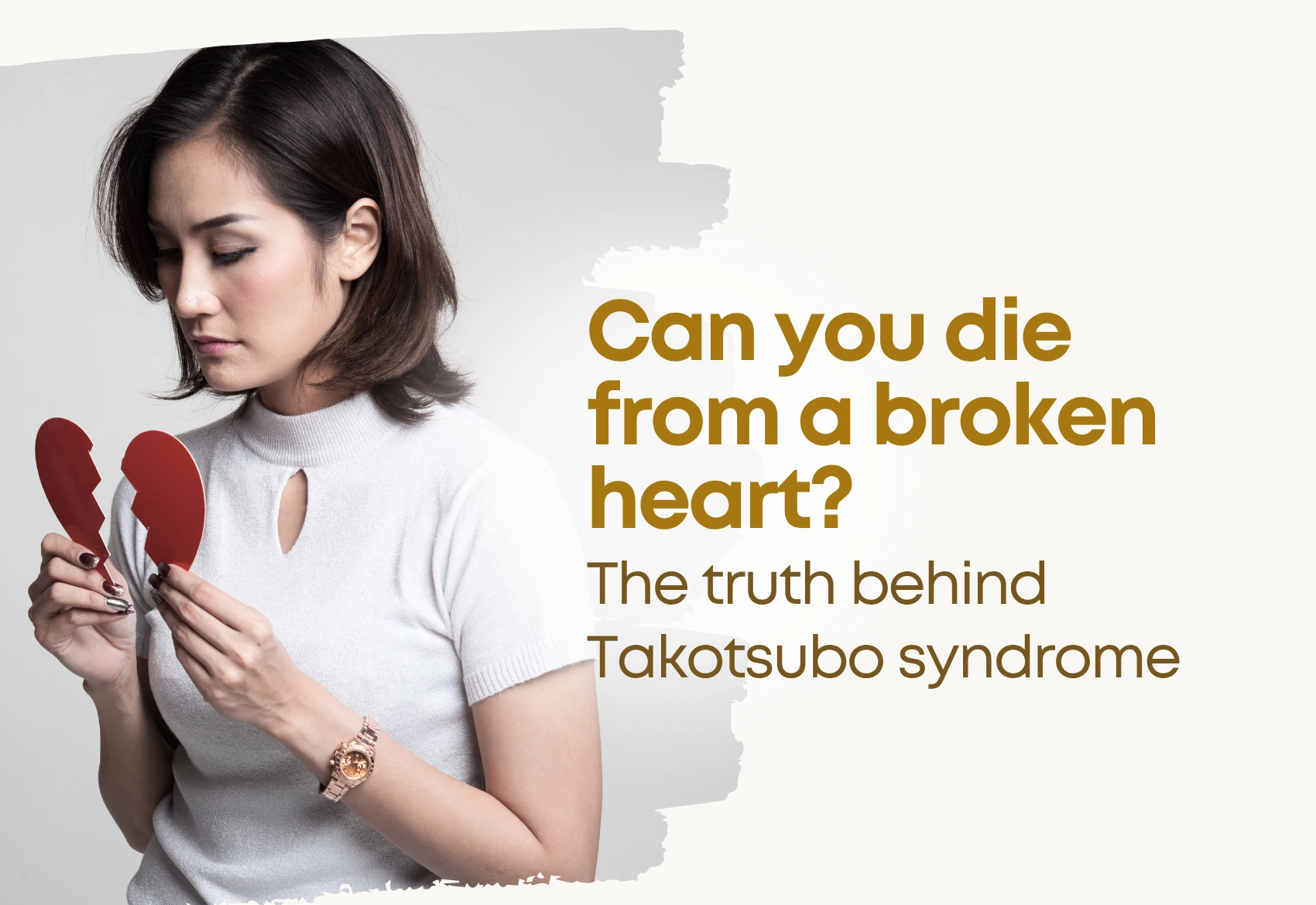
Can You Die from a Broken Heart? The Truth Behind Takotsubo Syndrome
by Dr Hafisyatul Aiza Zainal Abidin, Cardiologist
We often say someone “died of a broken heart” after losing a loved one. It sounds poetic, but there is actually a real medical condition behind this idea. Doctors call it takotsubo syndrome, also known as broken heart syndrome.
This condition happens when a person experiences sudden and intense stress. It could be the loss of someone close, a shocking accident, or even a severe health scare. The body reacts by releasing a flood of stress hormones like adrenaline. These chemicals can temporarily stun the heart and make it weaker. The heart’s left ventricle, which pumps blood to the body, changes shape and struggles to do its job properly. Interestingly, the word “takotsubo” comes from a Japanese pot used to trap octopus, which the heart resembles during this condition.
So, is it really possible to die from a broken heart? The answer is yes, but it is rare. Most people recover within a few days or weeks once they receive proper medical care. The heart usually returns to normal, and life goes on. Still, there are times when complications appear. These include heart failure, irregular heartbeats, blood clots, or even a stroke. In very severe cases, the heart becomes so weak that it cannot pump enough blood to the body. That is when the condition can turn fatal.
Who is more likely to be affected? Takotsubo syndrome is most common in women over the age of 50, especially after menopause. But it is not limited to women. Men can get it too, and when they do, the condition sometimes turns out to be more serious.
Why does this happen to the heart in the first place? The leading explanation is that an overwhelming surge of stress hormones shocks the heart muscle. This sudden chemical storm affects the way the heart cells work and may also disturb blood flow in the small vessels of the heart. That is why the heart struggles to pump properly.
How do doctors treat it? Because the symptoms feel almost the same as a heart attack, people often end up in the emergency department with chest pain and shortness of breath. Treatment is mainly supportive. Doctors focus on easing strain on the heart, controlling blood pressure, treating fluid buildup, and preventing clots. In most cases, the heart heals itself with time and rest. In the rare severe cases, machines may temporarily assist the heart until it regains its strength.
The good news is that takotsubo syndrome is usually reversible. But it is also a reminder that stress, grief, and shock can have very real effects on our health. If you or someone you know feels sudden chest pain or difficulty breathing after a stressful event, it is important to seek medical help immediately. A broken heart may sound like a figure of speech, but in truth, it can sometimes be life-threatening.

